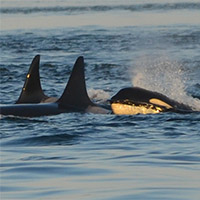
Tags: British Columbia, chemicals, IOF Research Associates, Juan Jose Alava, killer whales, marine mammals, OPRU, pollution, Research, whales
A chemical used in the production of toilet paper and 'forever chemicals' have been found in the bodies of orcas in B.C. , including the endangered southern resident killer whales.
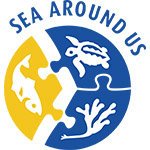
The Sea Around Us is co-organizer of the workshop "Marine Biodiversity Knowledges & Governance" taking place on February 2, 2023.

Tags: biodiversity, carbon footprint, climate change, conferences, COP15, CORU, faculty, FERU, Rashid Sumaila, Research, Solving FCB, William Cheung
An op-ed article by Drs. William Cheung and Rashid Sumaila regarding the UN Convention on Biological Diversity, or COP15, that is currently taking place opened in Montreal.

Like its predecessors, this Fisheries Centre Research Report is a grab-bag of contributions from Dr. Daniel Pauly and associates.

Tags: biodiversity, biology, climate change, CORU, faculty, FERU, fisheries economics, knowledge exchange, ocean economy, Rashid Sumaila, Research, UBC, William Cheung
With partnerships spanning across disciplines, sectors and borders, and with academics and non-academics (including Indigenous communities, NGOs, policy makers, businesses and media) collaboration is at the centre of their work.
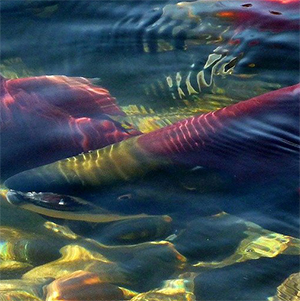
Tags: Aboriginal fisheries, Andrea Reid, British Columbia, Centre for Indigenous Fisheries, CORU, Gideon Mordecai, Indigenous fisheries, IOF Research Associates, public health, Research, salmon, viruses
Two UBC researchers are exploring the problem of dwindling salmon runs from opposite ends of the knowledge continuum—cutting edge genomics, and empirical evidence gathered over millennia by the Indigenous Peoples of the coast.
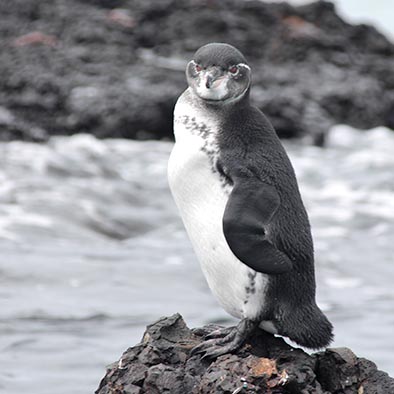
Tags: Galápagos, IOF Research Associates, IOF students, Juan Jose Alava, microplastics, OPRU, penguins, Research, zooplankton
Penguin guano from the Galápagos is helping UBC researchers track microplastic pollution from around the globe

Tags: aquaculture, Daniel Pauly, fish, fish farms, fish stocks, Rashid Sumaila, Research, Sea Around Us
Trends in global aquaculture growth rates reveal that the 101 million tonnes of farmed fish intergovernmental bodies expect countries to produce by 2030 may be unrealistic.
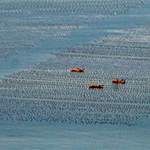
Tags: aquaculture, faculty, fish, fish farms, fish stocks, IOF postdoctoral fellows, Muhammed Oyinlola, Rashid Sumaila, Research, salmon
The growth rate of seafood farming worldwide peaked in 1996 according to new UBC research, highlighting the importance of rebuilding wild fish stocks to feed future demand.
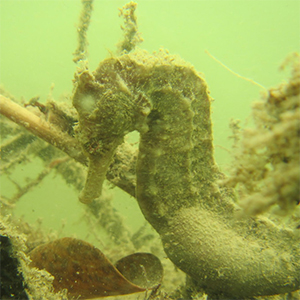
Tags: Amanda Vincent, bottom trawling, CITES, conservation, India, Project Seahorse, Publications, Research, Sarah Harper, seahorses, sustainability
This pragmatic geographic analysis provides managers in India with a tractable route towards regulating seahorse exports at sustainable levels.